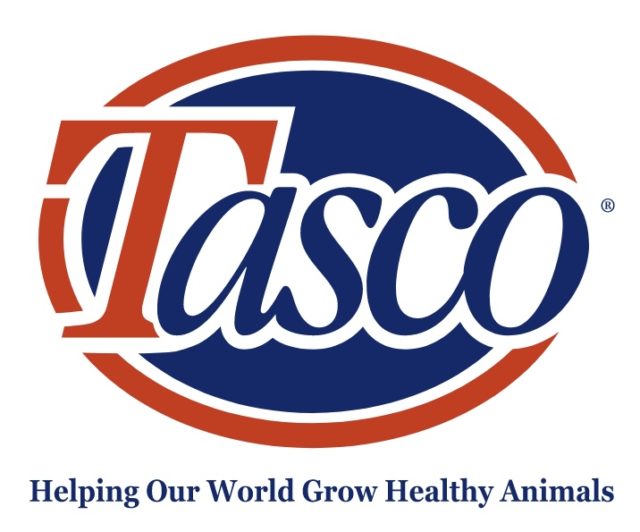Marin Bozic St. Paul, Minnesota Assistant Professor in Dairy Foods Marketing Economics University of Minnesota
Please describe your agricultural background.
I was born in an urban family in the beautiful and ancient city of Split, Croatia. However, after the collapse of communism in 1990, my father decided to quit his engineering job at a shipyard and take his long-time passion for beekeeping to a professional level. Some of my most dear memories from childhood revolve around harvesting honey.
Ever since graduating from college in 2003, I have been involved in research that in one way or another dealt with agricultural development. Before coming to Minnesota, in my first job at the Institute of Economics in Zagreb (capital of Croatia), I was working on regional development plans for rural areas of Croatia.
What education are you bringing with you to this position?I have a master’s degree from the University of Trento (Italy) in local development and I have just obtained a doctorate in agricultural economics from the University of Wisconsin – Madison.
What territory will you cover?
The Midwest Dairy Association covers ten states: Arkansas, Illinois, Iowa, Kansas, Minnesota, Missouri, Nebraska, North Dakota, Oklahoma, and South Dakota. My primary mission is to pursue ideas that benefit dairy farmers in this area, and my hope is that my research will benefit the entire U.S. dairy sector as well.
What are your new responsibilities?
I am starting as Assistant Professor in Dairy Foods Marketing Economics, which is a faculty position created in collaboration between the University of Minnesota and the Midwest Dairy Association, fully funded from dairy checkoff funds. It has both research and teaching components.
I will be investigating issues of strategic importance to the dairy sector in the Midwest and I also plan to design both undergraduate and graduate courses to educate new dairy market analysts and agribusiness leaders. My research agenda will include analyzing the economic potential of new dairy foods products and price and trade analysis to identify threats and uncover opportunities for our dairy industry, both nationally and in export markets.
Another line of research will focus on consumer trends and analysis of price risks faced by industry buyers of dairy products. The success of this position will hinge on close collaboration with the dairy industry in Midwest, and I hope to be visiting with many processors and co-ops later this year and in 2012 to better understand their businesses and, through case studies, identify successful strategies that grow the sector and ultimately benefit dairy farmers in the Midwest.
What previous positions have you held?
I was a researcher at the Institute of Economics in Zagreb from 2003 to 2011. From 2007 to 2011, I was a teaching and research assistant at the University of Wisconsin – Madison.
What excites you most about working in your new role?
There are two things that excite me the most – the opportunity to deliver real benefits to real people, the hard-working dairy farmers, and secondly, working at such a great research hub as the Twin Cities Campus of the University of Minnesota and being associated with the Midwest Dairy Foods Research Center.
This will allow me to collaborate closely across disciplines with chemical engineers, food scientists and faculty in the business school. This will ultimately result in analysis and products that expand demand for dairy products and contribute to the vitality of the dairy industry in the Midwest.
How will you be of most help to producers in your region or area of expertise?
It is important to note that this position is funded through the “dairy checkoff” program, which has a very clear focus and also imposes certain constraints on what I can address in my work.
Rather than primarily working directly with farmers, analyzing best milk production practices, producing price forecasts and delving into intricacies of federal dairy policy – all of which have traditionally been topics of focus for dairy economists – my research will address the frontier issues of trade, risk, food marketing and product innovation that will insure that farmers’ checkoff money is well spent on fundamental research that has the potential to deliver a substantial economic impact.
Why did you choose this company?
Minnesotans should be proud of their flagship research campus. Every dollar invested in the University of Minnesota produces over $13 of tangible economic impact to the state economy. This is a wonderful place to work and it attracts talent from around the world. I could hardly imagine a more fulfilling career than to delve into important topics, do a lot of hard thinking, collaborate with accomplished and widely known colleagues and, at the end of the day, know that the fruits of my work directly benefited my neighbors and friends.
What goals would you like to accomplish while in this position?
The purpose of this position is to provide strategic guidance to the dairy sector in the Midwest to ensure its vitality in the 21st century. I will evaluate every publication, teaching project and public engagement against that metric. My goal is to gain sufficient technical knowledge, a deep grasp of economic data and processes and develop a wide business network to make the University of Minnesota one of the leaders in dairy foods marketing economics. PD





